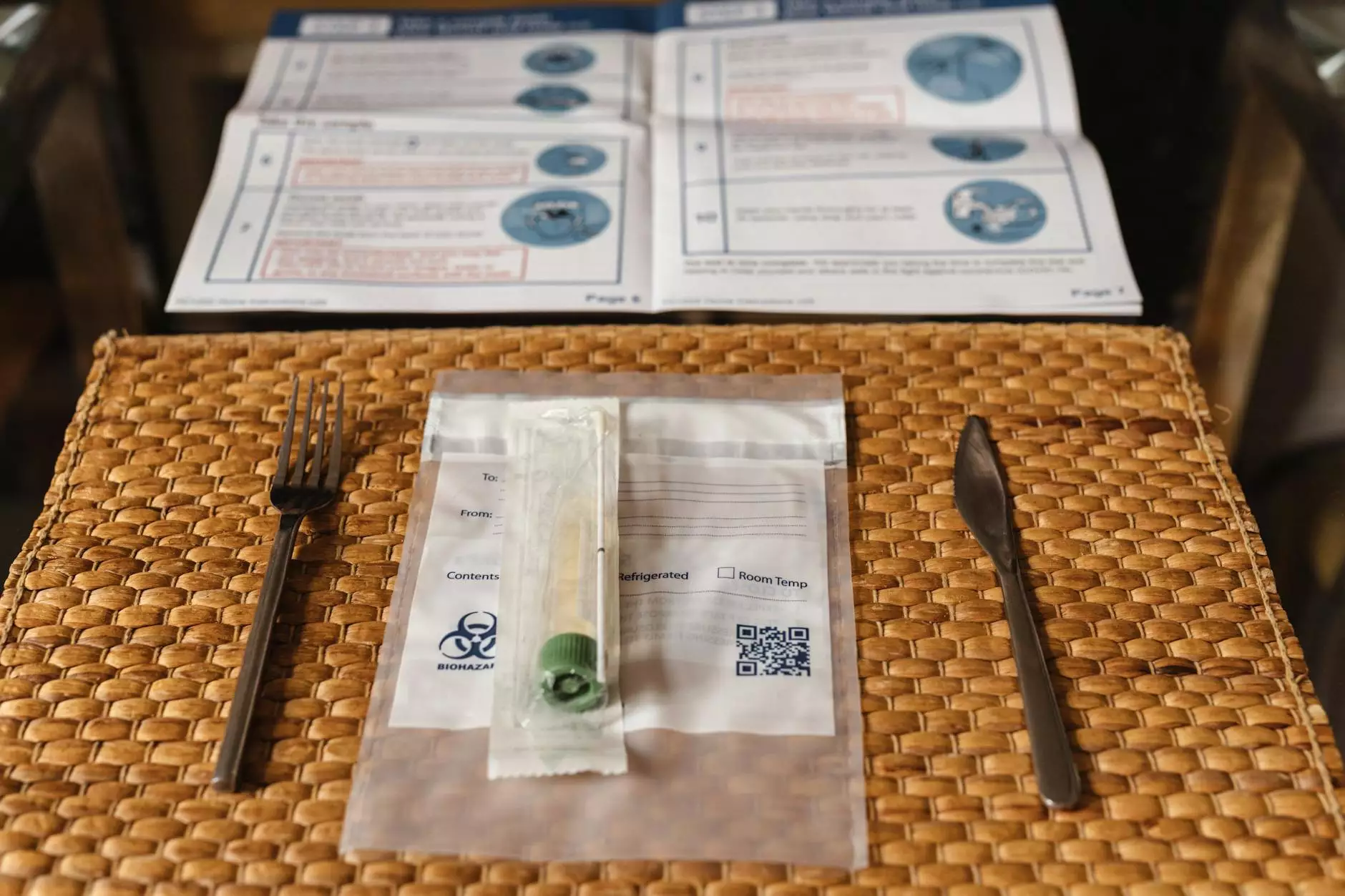The Vital Role of a Lung Specialist in Modern Health Care

In today's world, where air quality is continually declining and respiratory conditions are on the rise, the importance of a lung specialist cannot be overstated. These trained professionals play a crucial role in diagnosing, treating, and managing diseases associated with the lungs and respiratory system. This article will delve into the intricate world of lung specialists, detailing their qualifications, the procedures they perform, and how integral they are to both personal and public health.
Who is a Lung Specialist?
A lung specialist, commonly known as a pulmonologist, is a medical doctor who specializes in the diagnosis and treatment of diseases affecting the lungs and respiratory system. They possess in-depth knowledge of various lung diseases, including but not limited to:
- Asthma
- Chronic Obstructive Pulmonary Disease (COPD)
- Interstitial Lung Diseases
- Pulmonary Hypertension
- Lung Cancer
- Sleep Apnea
Qualifications and Training of a Lung Specialist
Becoming a lung specialist involves extensive education and training. Typically, the path includes:
- Completing a bachelor's degree with a focus on the sciences.
- Attending medical school to earn a Doctor of Medicine (MD) degree.
- Undergoing residency training in internal medicine, usually lasting three years.
- Pursuing a fellowship in pulmonary medicine, which can take an additional two to three years.
Throughout this journey, pulmonologists gain comprehensive knowledge about the respiratory system and develop the skills necessary to treat various conditions effectively.
Why is a Lung Specialist Important?
The lungs are vital organs responsible for the exchange of gases in the body, supplying oxygen while expelling carbon dioxide. With such a crucial role, any dysfunction within the respiratory system can lead to significant health issues. Here’s why lung specialists are pivotal in healthcare:
1. Expert Diagnosis
One of the primary roles of a lung specialist is to provide accurate diagnoses for respiratory conditions. They utilize a range of diagnostic tools, including:
- Pulmonary Function Tests (PFTs) - Measure lung capacity and airflow.
- Imaging Tests - Such as X-rays and CT scans to visualize lung structures.
- Bronchoscopy - A procedure allowing specialists to view the airways directly and obtain tissue samples.
2. Comprehensive Treatment Plans
Once a diagnosis is established, lung specialists formulate tailored treatment plans that may involve:
- Medications - Such as bronchodilators and steroids.
- Oxygen Therapy - Ensures adequate oxygen levels in patients with severe conditions.
- Rehabilitation Programs - Tailored regimes that improve lung health and quality of life.
3. Management of Chronic Conditions
Many patients suffer from chronic respiratory diseases that require continuous management. Lung specialists provide:
- Regular Monitoring - To track disease progression and treatment efficacy.
- Patient Education - Ensuring patients understand their conditions and can take proactive steps in their care.
The Intersection of Physical Therapy and Lung Health
In addition to traditional medical approaches, physical therapy plays a significant role in maintaining respiratory health. Physical therapists can implement pulmonary rehabilitation programs that focus on enhancing lung function and overall wellness.
Benefits of Physical Therapy for Lung Patients
- Increased Lung Capacity: Specific exercises can expand lung capacity and improve breathing techniques.
- Enhanced Exercise Tolerance: Patients often find an improved ability to engage in physical activities.
- Emotional Support: Group therapy and support systems can reduce anxiety and improve mental well-being.
Sports Medicine and Lung Health
A lung specialist's expertise also intersects with sports medicine, especially in athletes who may face respiratory challenges. Understanding how physical activity impacts lung function is essential for optimal performance.
Importance of Lung Health for Athletes
Maintaining good lung health is crucial for athletes. Some aspects to consider include:
- Performance Optimization: Healthy lungs improve endurance and cardiovascular fitness.
- Injury Prevention: Addressing respiratory issues early can enhance overall athletic performance, reducing the risk of injury.
- Long-term Health: Athletes who work with lung specialists are better equipped to handle respiratory conditions throughout their careers.
Common Respiratory Conditions Managed by Lung Specialists
There are several respiratory conditions that require the expertise of a lung specialist. Understanding these conditions is essential for raising awareness and promoting better health.
1. Asthma
A chronic condition characterized by inflammation and narrowing of the airways, leading to difficulty in breathing. Treatment often includes inhalers, corticosteroids, and avoidance of triggers.
2. Chronic Obstructive Pulmonary Disease (COPD)
Often resulting from long-term exposure to irritating gases or particulate matter, such as cigarette smoke. Patients experience long-term breathing problems and poor airflow, primarily managed through medication and lifestyle changes.
3. Lung Cancer
Lung cancer remains one of the leading causes of cancer-related deaths. Early detection and treatment are crucial and may involve surgery, chemotherapy, radiation therapy, and consultations with medical specialists.
4. Pulmonary Hypertension
A serious condition characterized by high blood pressure in the arteries of the lungs. Treatment can involve medications and lifestyle adjustments, and ongoing monitoring is critical.
Raising Awareness for Lung Health
It is vital for individuals to be proactive about their lung health. Engaging with healthcare professionals, including lung specialists, can help identify issues early, ensuring timely intervention and management.
Tips for Maintaining Healthy Lungs
- Avoid Smoking: Smoking is detrimental to lung health; cessation can lead to significant improvements.
- Stay Active: Regular exercise promotes lung capacity and overall well-being.
- Monitor Air Quality: Pay attention to environmental factors and limit exposure to pollutants.
- Regular Check-ups: Routine consultations with healthcare providers ensure early detection of potential issues.
Conclusion
In summary, a lung specialist is an essential pillar in the healthcare framework, tasked with overseeing respiratory health. Their training, expertise, and continual management of respiratory conditions profoundly impact patients' lives. By intertwining their specialized knowledge with physical therapy and sports medicine, they ensure comprehensive care that enhances the quality of life for those suffering from lung-related diseases. Proactive involvement in lung health can pave the way for a healthier future, making it imperative for individuals to prioritize their respiratory health by seeking professional help when needed.









